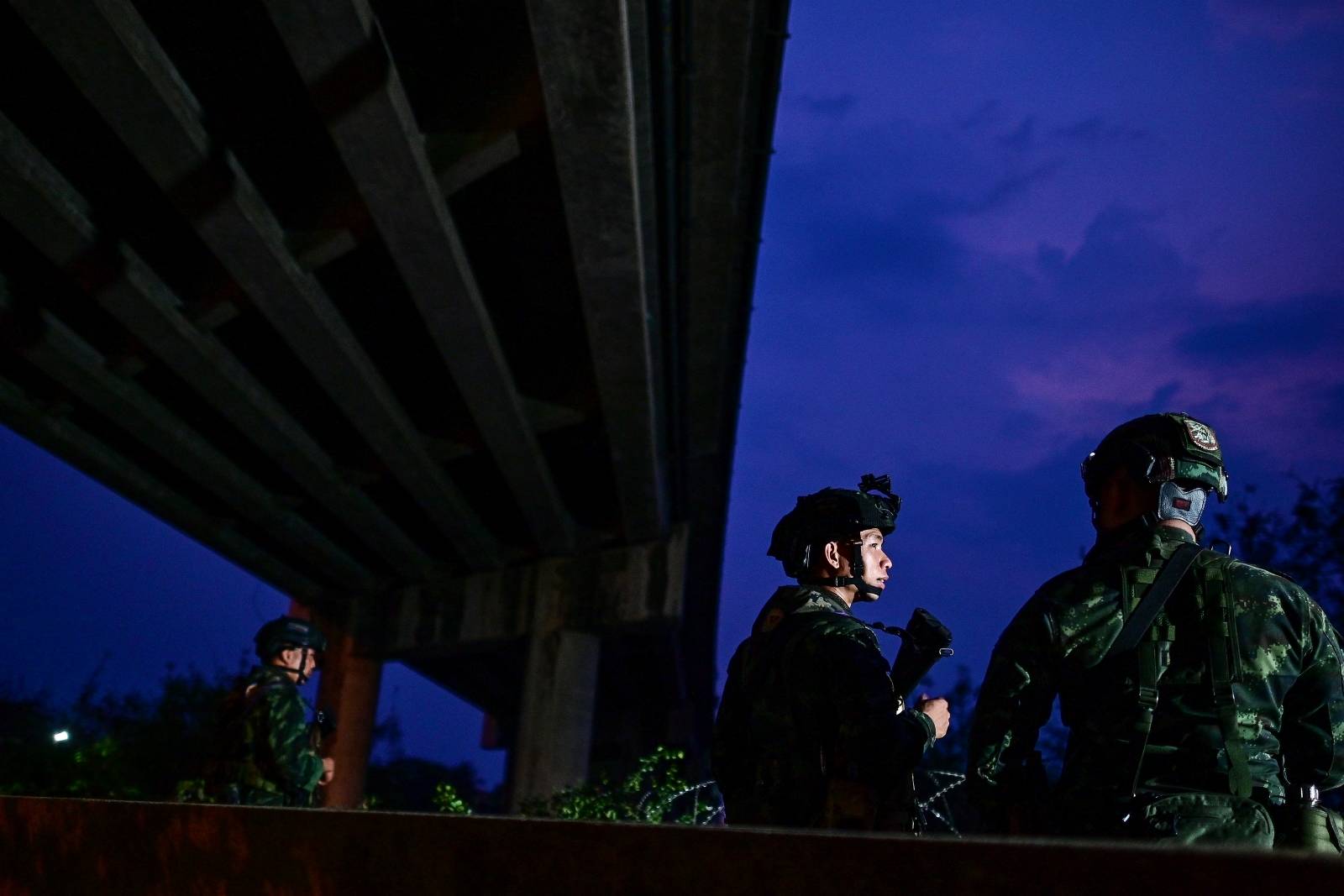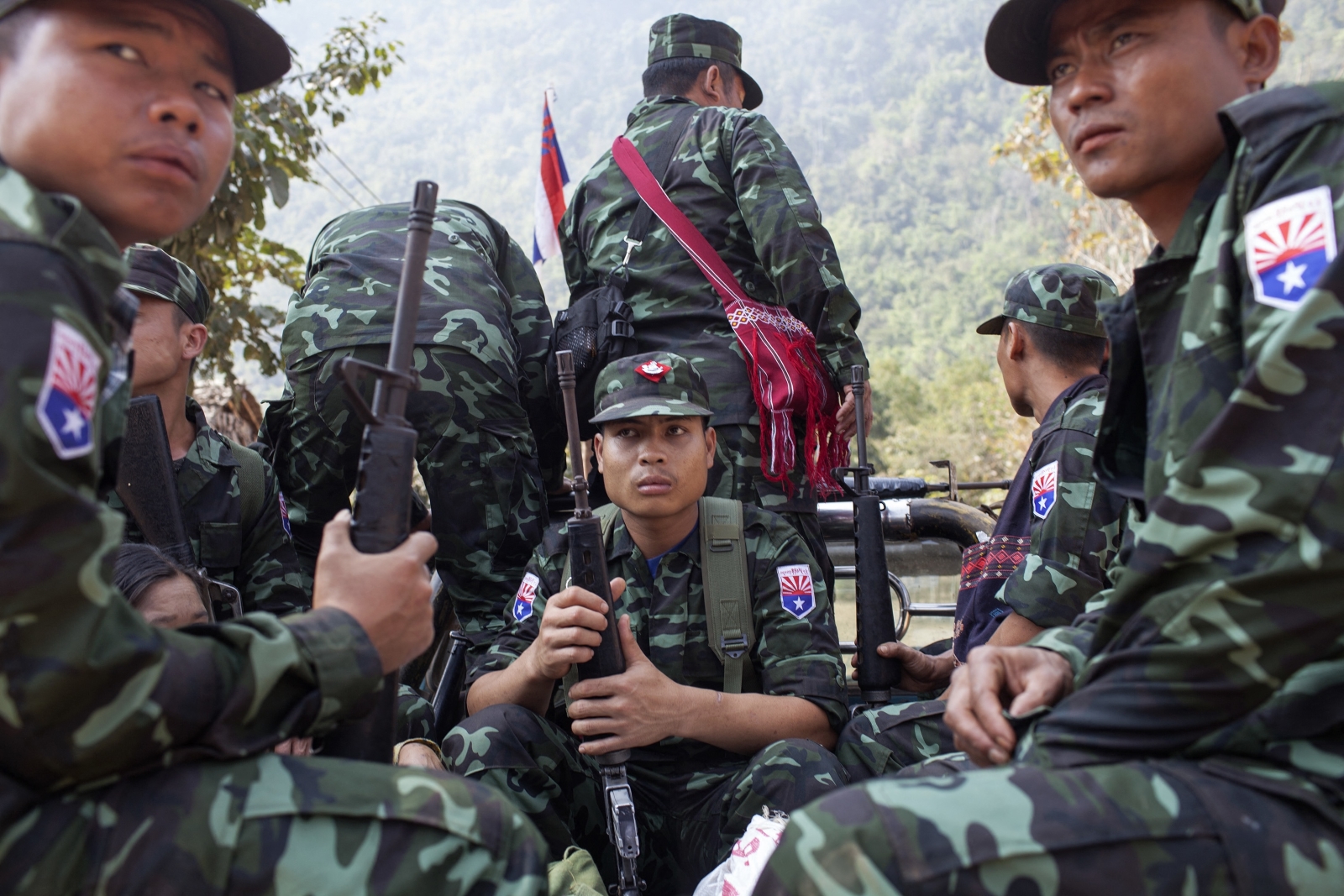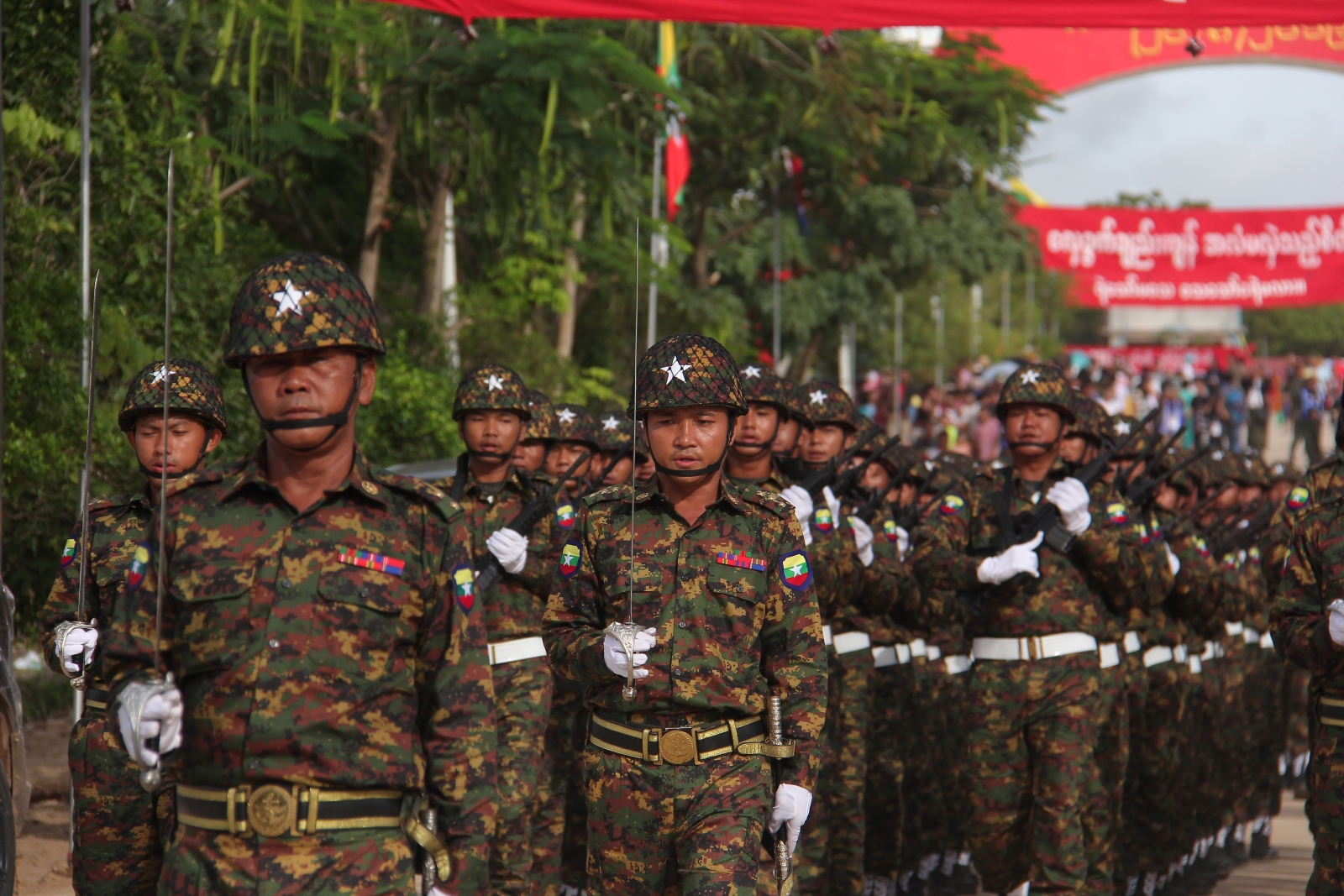Pictures by photojournalist Mar Naw capture life in resistance-controlled areas of Tanintharyi Region, where anti-junta groups have established parallel health and education systems but also allowed harmful mining operations to continue.
By MAR NAW | FRONTIER
Tanintharyi Region, in Myanmar’s deep south, has not had the pitched battles seen in Shan and Kayah states or Sagaing Region. Nonetheless, the resistance has wrested swathes of countryside from the military in Tanintharyi, especially in the township of the same name along the border with Thailand.
On a recent trip to “liberated” areas of Tanintharyi Township, Frontier found the military and its state apparatus to be almost completely absent. In place of regime soldiers, villages and roads were patrolled by People’s Defence Force fighters, who took up arms to fight the 2021 coup.
The veteran Karen National Union, whose Brigade 4 is headquartered near the Thai border in Dawei Township, is the most powerful armed group in the region but has ceded control of some, mostly Bamar, villages to the Tanintharyi PDF. Brigade 4 has also mentored PDF fighters and fought some battles alongside them, but it has been more cautious than KNU brigades elsewhere in Myanmar. This has inhibited the resistance war in the region, but also created a space for other groups to grow.
Ko Star, leader of the Tanintharyi PDF, told Frontier they work with an assortment of armed groups, including the recently resurrected Communist Party of Burma, who together control 80 percent of the township.
The population appears to have welcomed the nascent resistance administration, which includes courts and jails as well as fledgling healthcare and education systems.
The schools are staffed by experienced teachers who refused to serve under the new junta, instead quitting their government jobs and joining the Civil Disobedience Movement. They follow a curriculum set by the National Unity Government, the parallel administration established by ousted lawmakers in the coup, to which the Tanintharyi PDF is aligned.
There are comparatively few clashes in the township, but Frontier encountered people displaced by fighting elsewhere in the region.
Otherwise, life in resistance-controlled areas goes on largely as normal. Sadly, this includes continued mining operations that are destroying the environment. In Thaboleik village, poorly regulated lead mining has created an apocalyptic landscape of craters and blocked or polluted the waterways. The main difference is that it’s now a KNU-appointed committee, not the junta, that grants mining concessions.
















